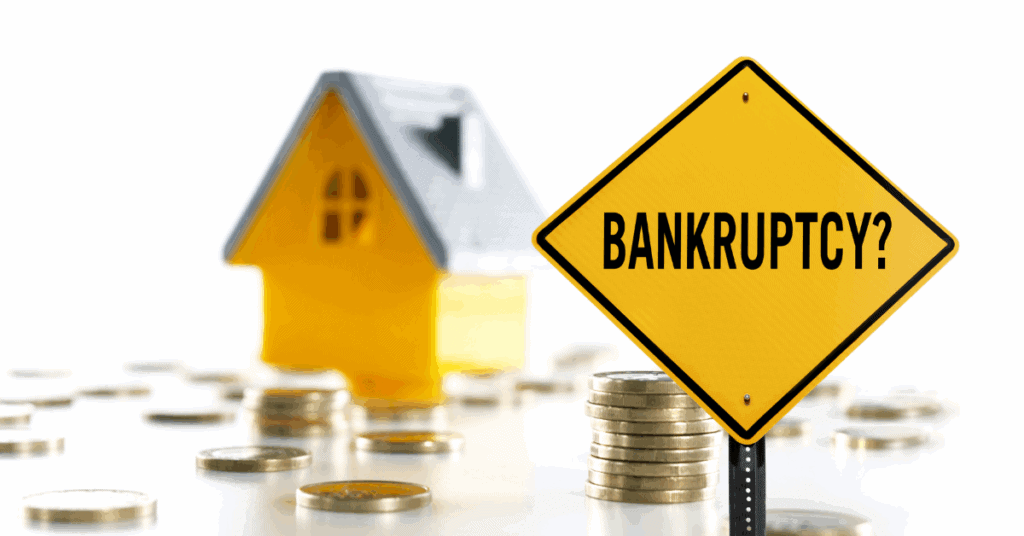Get Expert Financing
- Matched with investor-friendly lenders
- Fast pre-approvals-no W2s required
- Financing options fro rentals, BRRRR, STRs
- Scale your portfolio with confidence
Buying a home with a conventional loan? Congratulations! But before you start decorating, it’s important to understand one of the most overlooked parts of the mortgage process: closing costs. These fees can catch you off guard if you’re not prepared. In this article, we’ll explain what conventional loan closing costs include, how much you can expect to pay, and how to potentially lower them.
Closing costs are the fees and expenses paid at the end of the mortgage process, during the final step of a real estate transaction. They cover everything from lender fees to third-party services and typically amount to 2% to 5% of the home’s purchase price.
Here’s a complete overview of typical fees associated with conventional loans:
This is the fee charged by your lender to process the loan application. It’s usually around 0.5% to 1% of the loan amount.
Tip: Some lenders may waive this fee during promotions. Always ask!
Lenders require a professional home appraisal to determine the market value of the property. This typically costs $300–$500.
Your lender will pull your credit history to assess your creditworthiness. This costs around $25–$50.
A title search ensures the property has no legal claims or liens. Title insurance protects the lender and/or buyer against title-related issues. Expect to pay $500–$1,000.
Charged by the lender for evaluating and verifying loan documents, this is usually $400–$600.
These are third-party fees for managing the closing process and funds. Costs vary widely by state but usually range from $500–$2,000.
Paid to the local government for recording the new home title. These range from $25 to $250 depending on the locality.
Lenders typically require the first year’s premium to be paid upfront. This can range from $500–$1,500 annually.
You may need to prepay a few months’ worth of property taxes into an escrow account. This depends on your local tax rate.
If your down payment is less than 20%, you’ll likely pay PMI. Some of this may be included in closing costs upfront.
| Home Price | Estimated Closing Costs (2–5%) |
| $300,000 | $6,000 – $15,000 |
The total depends on your lender, state, and service providers. Shopping around can significantly impact your bottom line.
Looking to save? Here are some ways to reduce conventional loan closing costs:
Want help comparing lenders? Learn how to choose the right mortgage lender.
Yes, in some cases. This depends on your lender and the type of refinance (if applicable), but it generally increases your loan balance.
Some closing costs, like mortgage interest and property taxes, may be tax-deductible. Speak to a tax professional for specific advice.
Some lenders or government programs offer incentives. Check with your lender or look into first-time homebuyer programs.
Our advice is based on experience in the mortgage industry and we are dedicated to helping you achieve your goal of owning a home. We may receive compensation from partner banks when you view mortgage rates listed on our website.

